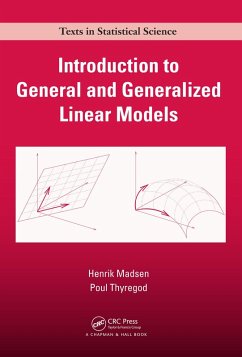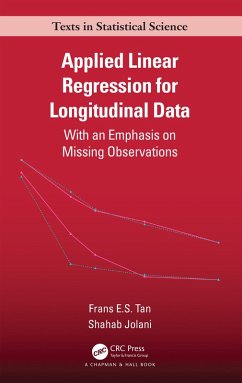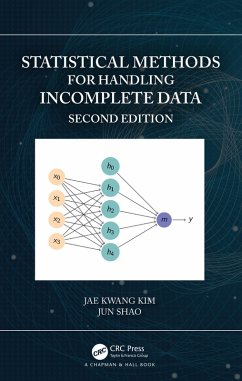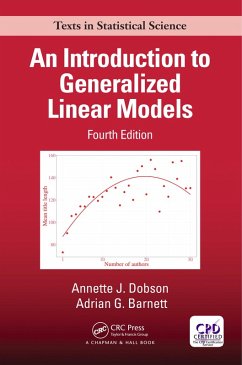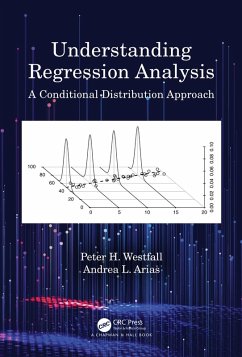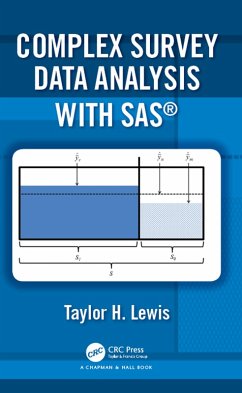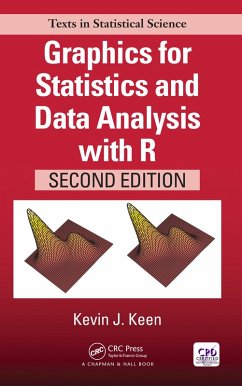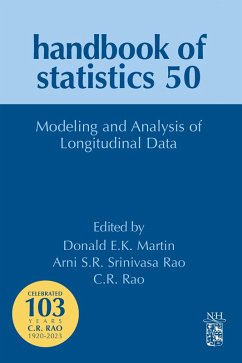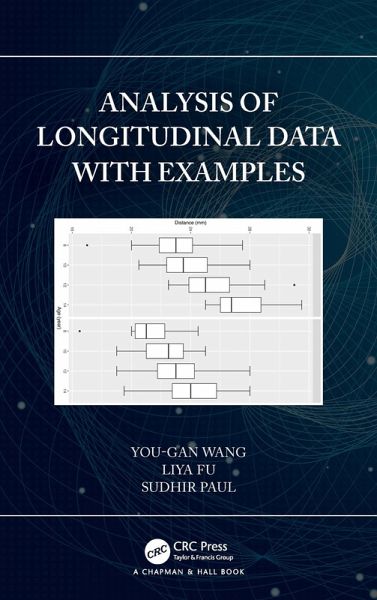
Analysis of Longitudinal Data with Examples (eBook, ePUB)
Versandkostenfrei!
Sofort per Download lieferbar
45,95 €
inkl. MwSt.
Weitere Ausgaben:

PAYBACK Punkte
23 °P sammeln!
Development in methodology on longitudinal data is fast. Currently, there are a lack of intermediate /advanced level textbooks which introduce students and practicing statisticians to the updated methods on correlated data inference. This book will present a discussion of the modern approaches to inference, including the links between the theories of estimators and various types of efficient statistical models including likelihood-based approaches. The theory will be supported with practical examples of R-codes and R-packages applied to interesting case-studies from a number of different areas...
Development in methodology on longitudinal data is fast. Currently, there are a lack of intermediate /advanced level textbooks which introduce students and practicing statisticians to the updated methods on correlated data inference. This book will present a discussion of the modern approaches to inference, including the links between the theories of estimators and various types of efficient statistical models including likelihood-based approaches. The theory will be supported with practical examples of R-codes and R-packages applied to interesting case-studies from a number of different areas.
Key Features:
.Includes the most up-to-date methods
.Use simple examples to demonstrate complex methods
.Uses real data from a number of areas
.Examples utilize R code
Key Features:
.Includes the most up-to-date methods
.Use simple examples to demonstrate complex methods
.Uses real data from a number of areas
.Examples utilize R code
Dieser Download kann aus rechtlichen Gründen nur mit Rechnungsadresse in A, B, BG, CY, CZ, D, DK, EW, E, FIN, F, GR, HR, H, IRL, I, LT, L, LR, M, NL, PL, P, R, S, SLO, SK ausgeliefert werden.






